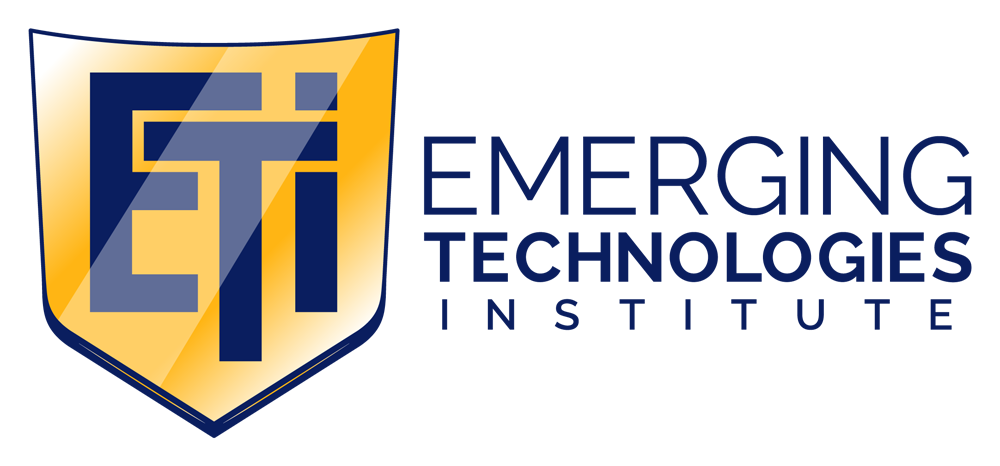Python Programming/Coding, AZ-900 Azure Fundamentals, and AI-900 Azure AI Fundamentals - Online
ABOUT THE PROGRAM
This integrated training program builds a solid foundation in both programming and cloud computing using Microsoft Azure.
Learners begin by mastering Python, one of the most widely used languages in data science, automation, and AI development. Through practical exercises, they learn coding logic, data structures, and problem-solving techniques that prepare them for real-world applications.
Microsoft Azure is an ever-expanding set of cloud services to help an organization meet their business challenges. It’s the freedom to build, manage, and deploy applications on a global network.
AZ-900 Azure Fundamentals introduces cloud concepts, core Azure services, pricing, governance, and security — giving learners a strong understanding of cloud infrastructure and deployment models.
The program concludes with AI-900 Azure AI Fundamentals, where participants explore machine learning, computer vision, and natural language processing services available within Azure’s AI ecosystem.
Upon completion of training, the students are prepared to take the Certified Entry-Level Python Programmer (PCEP), AZ-900, and AI-900 certification exams. However, they are not a requirement for graduation.
Occupational Objectives: Python Programmer, Azure Cloud Architect, Manager of Microsoft Azure, Azure Consultant, Microsoft Azure Cloud Engineer
Tuition & Program Info
To learn more about ETI’s tuition and financial aid options, click here.
TUITION: $3,269.00
EXAM VOUCHERs INCLUDED WITH TUITION
Prerequisites:
HS diploma/GED, basic computer networking skills and familiarity with the internet
Program Includes:
48 synchronous training hours with a live instructor
4 synchronous hours per week – 12 weeks – 3 months
60 asynchronous homework time
Hands-on labs
Certification exam review questions
Certification exam voucher
Course Outline
-
The Python Certification course will explain the software programming basics using Python. As of the year 2022, Python is the most popular programming language because of its simple syntax and extensive, open-source library of modules. Python is commonly used for creating desktop and website applications in finance, business, and even social media like Instagram and Pinterest.
No coding experience is required for this course. Through the programming skills and tools taught, the learners will discover how to solve complicated problems. After completing this course, they will be prepared for designing, coding, and debugging Python computer programs.
Course objectives:
Upon successful completion of this course, students should be able to:
Read, write, and modify a computer program in Python
Use branching and iteration to solve complex problems
Read and write to a file or console in Python
Understand Python syntax and structures
Troubleshoot and debug code
Use Python built-in modules
-
Microsoft Certified Azure Fundamentals teaches the foundational-level knowledge of cloud services and how those services are provided with Microsoft Azure.
Azure Cloud Computing
Management Tools
Managing the Hierarchy
Managing Storage
Azure Files
Network Infrastructure
VNet Peering and VPNs
Virtual Machines
Container Solutions
App Services
Azure RBAC & Azure Policy
Managing Azure Costs
Managing Azure AD
Managing Azure Authentication
Service Resilience
Software Development Services
Monitoring Azure Services
Network Security
Migrating to Azure
-
This course helps students demonstrate their real-world knowledge of diverse machine learning (ML) and artificial intelligence (AI) workloads, and how they can be implemented with Azure AI. AI-900 focuses on knowledge needed to identify features of common AI workloads and guiding principles for responsible AI; identify common ML types; describe core ML concepts; identify core tasks in creating an ML solution; describe capabilities of no-code ML with Azure Machine Learning Studio; identify common types of computer vision solutions; identify Azure tools and services for computer vision tasks; identify features of common NLP workload scenarios; identify Azure tools and services for NLP workloads; and identify common use cases and Azure services for conversational Al.
Course objectives
Upon successful completion of this course, students should be able to:
Describe AI workloads and considerations.
Describe fundamental principles of machine learning on Azure.
Describe features of computer vision workloads on Azure.
Describe features of Natural Language Processing (NLP) workloads on Azure.
Describe features of conversational AI workloads on Azure



